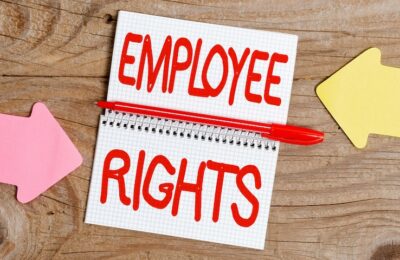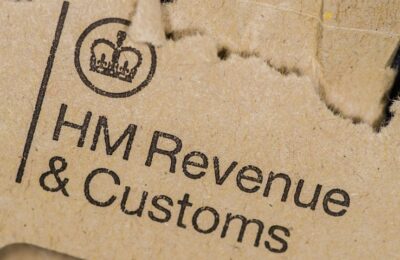It’s important for businesses to interpret the IR35 tax rules correctly. IR35, otherwise known as ‘off payroll’ working rules, have been in place since 2000. The government introduced them to try and identify ‘disguised’ employees. These are people who work as contractors via personal service companies for tax reasons, but are not properly classified as contractors. To begin with, the contractor had to determine their own tax status. By 2021, this responsibility had shifted to hiring organisations (2017 for public sector organisations). If an organisation gets it wrong, they face penalties. However, it has been argued that in such cases, organisations face ‘double taxation’. New rules mean that, from April 2024, this will change.
IR35 tax rules and ‘double taxation’
The problem with ‘double taxation’ occurs when a business inaccurately determines someone to be a contractor when, properly defined, they’re an employee. You can learn more about determining someone’s IR35 status here.
Under the pre-April 2024 IR35 tax rules, HMRC would issue the business that made the mistake with an IR35 bill. The problem for the business would be the fact that the bill wouldn’t take into account tax already paid by the ‘disguised employee’. So, no matter how much income tax or corporation tax that person had paid, it wouldn’t be reflected in the bill. Hence the idea of ‘double taxation’ for getting IR35 classification wrong.
What’s changing with the IR35 tax rules?
Since September 2023, HMRC has been trialling new IR35 tax rules. Since then, some businesses have received IR35 tax bills that deduct the taxes already paid by the individual. As a result, many of these bills have been much lower.
From April 2024, all IR35 tax bills will be treated in this way. Any taxes already paid by the individual will be automatically deducted.
What about unsettled IR35 bills?
There’s also good news for businesses who have unsettled IR35 bills. According to some reports, the new tax offset rules will be retrospective. This means that any organisation with an unpaid IR35 bill will see it reduced. Estimates suggest that IR35 tax bills are likely to be reduced by approximately 75%.
What will the IR35 changes mean in practice?
The IR35 tax changes are likely to have two main outcomes. The most obvious is that businesses that wrongly classify people as contractors will face lower penalties.
Related to that, it may be that businesses become less risk averse when hiring contractors. Currently, if they get the classification wrong, they can face expensive bills. From April, such mistakes are going to be less costly, meaning they’re more likely to hire contractors rather than insisting workers are on payroll.
Need advice about IR35?
If you’re a THP client, we’d be very happy to advise you about IR35. While you can check a person’s IR35 status online, it’s often helpful to consult someone who is expert in the rules. Our accountants can review the evidence you use to support your off-payroll decision making. In addition, our team can make sure your payroll is compliant too – helping you to avoid unexpected and unwanted penalties from the taxman.
About Karen Jones
Having worked for one of the world’s largest accountancy firms, Karen Jones uses her tax knowledge and skills to help clients obtain substantial reductions to their tax liabilities.
With an expanding portfolio of tax clients, Karen enjoys the variety her work brings her and particularly likes working with new businesses and people. With a growing number of tax clients, she frequently faces a variety of challenges and relishes the experience she gains as she solves them.
Karen likes the THP ethos: “I like the way the team has a professional, but friendly and down-to-earth approach – it creates a productive atmosphere that benefits everyone.”
Karen’s specialist skills:
- Personal Taxation
- Tax Efficient Planning
- Trust Administration












